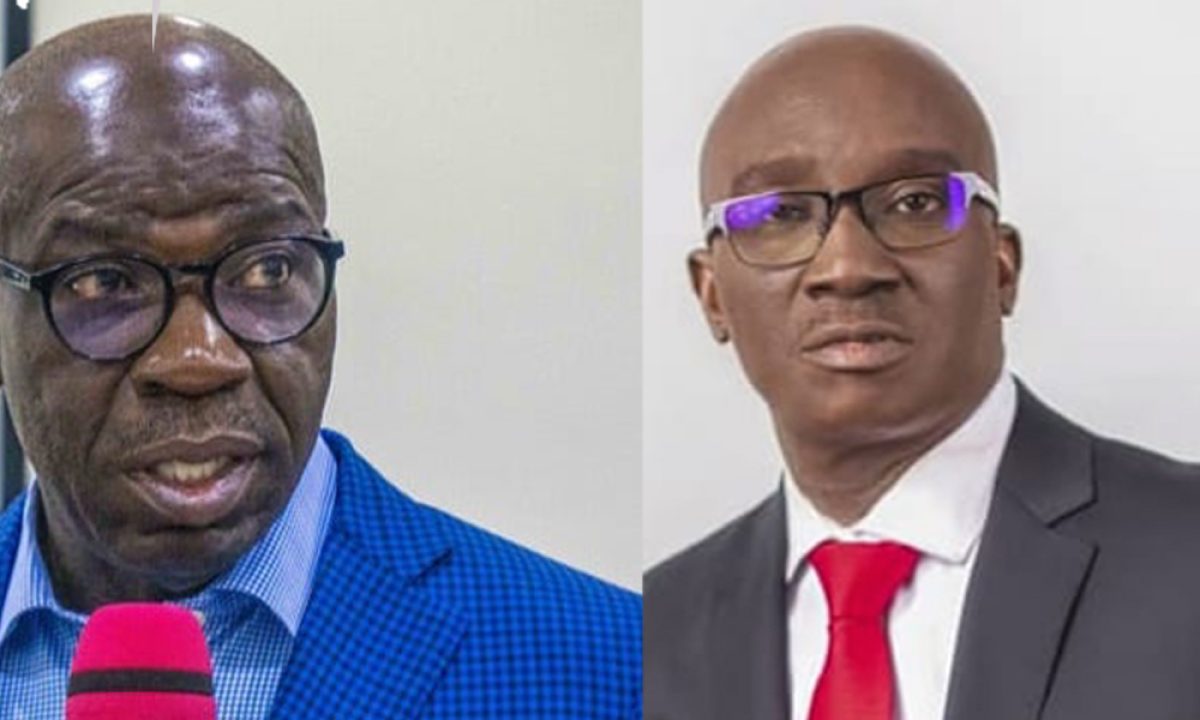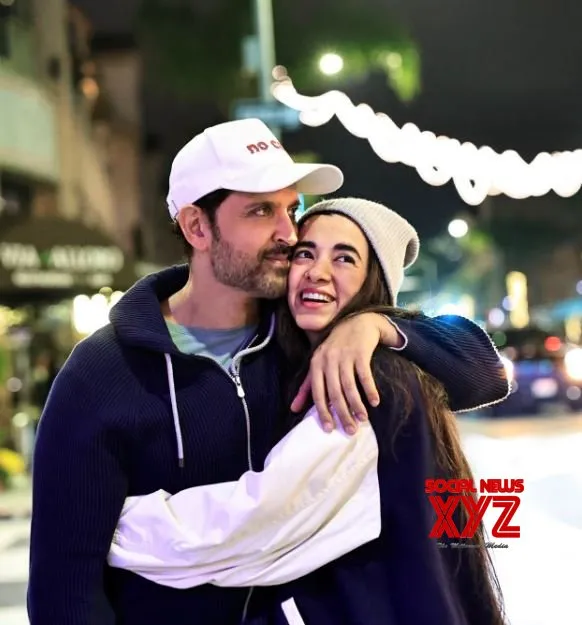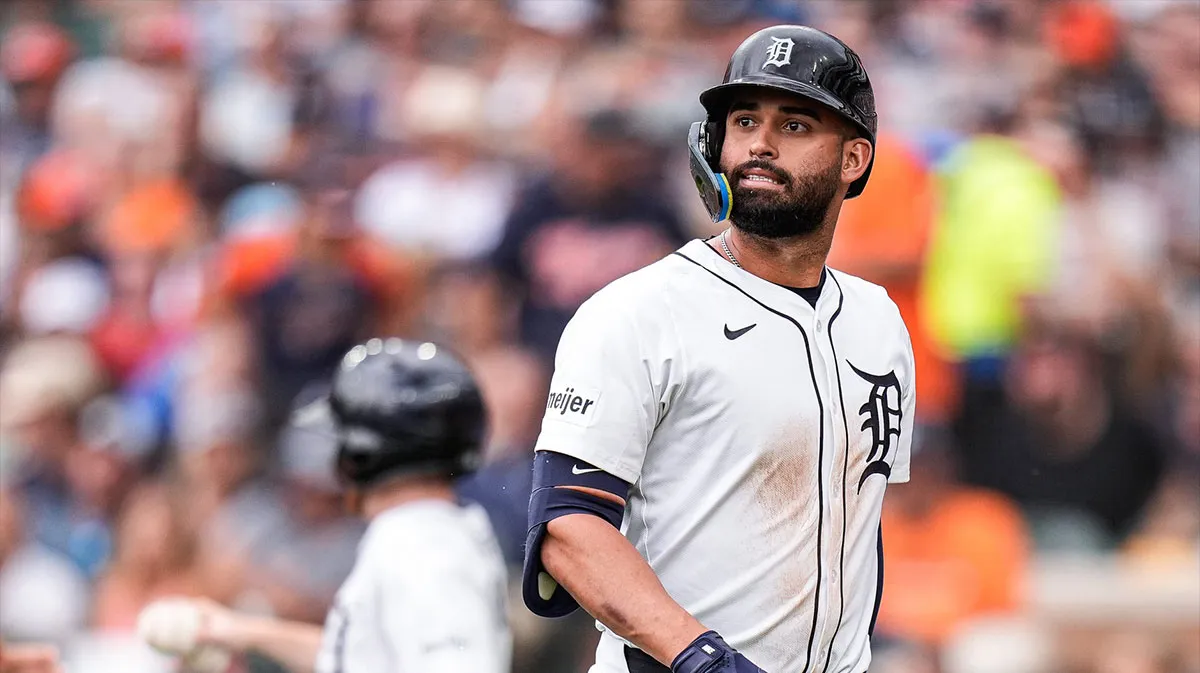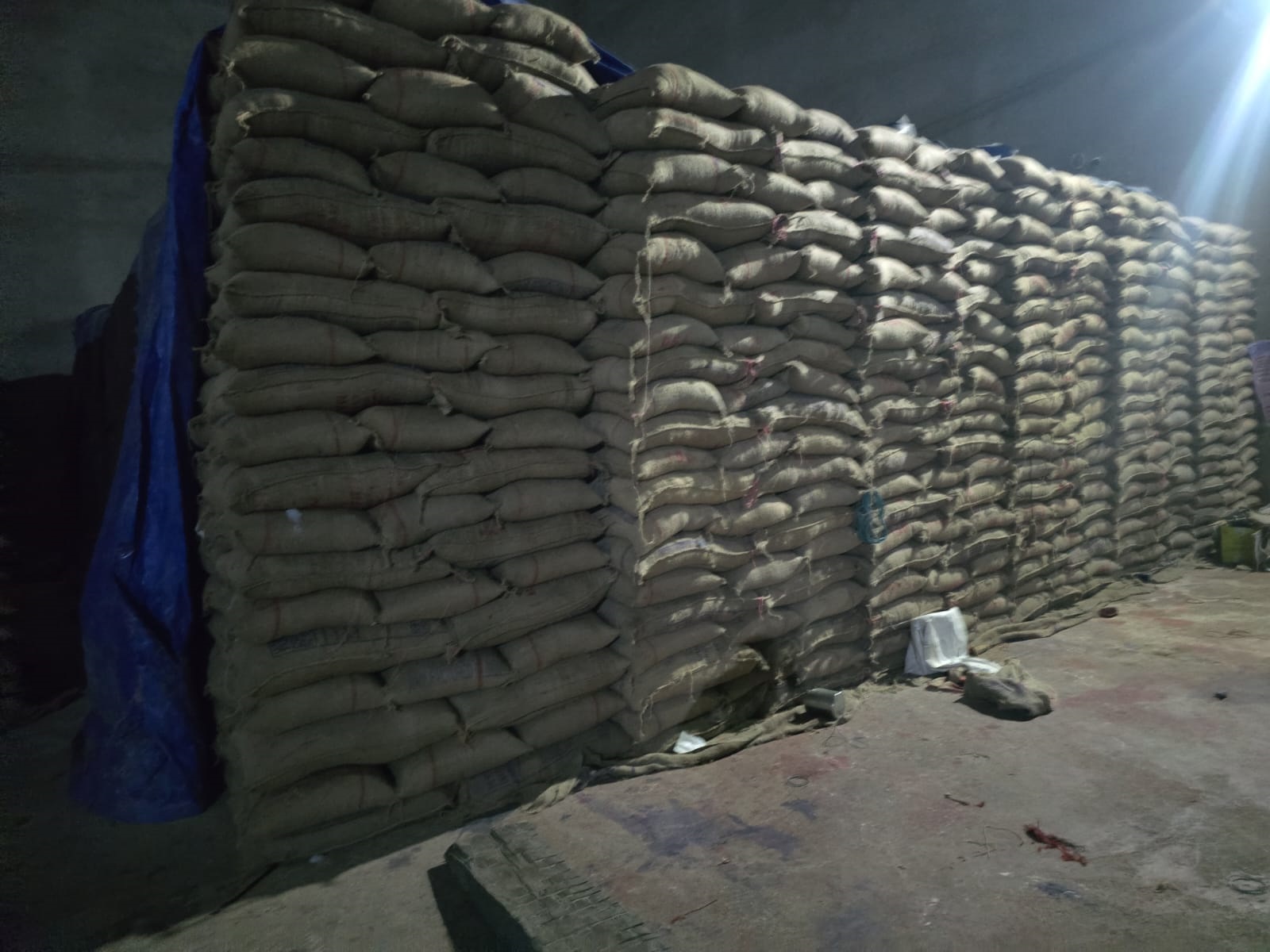Copyright newsweek
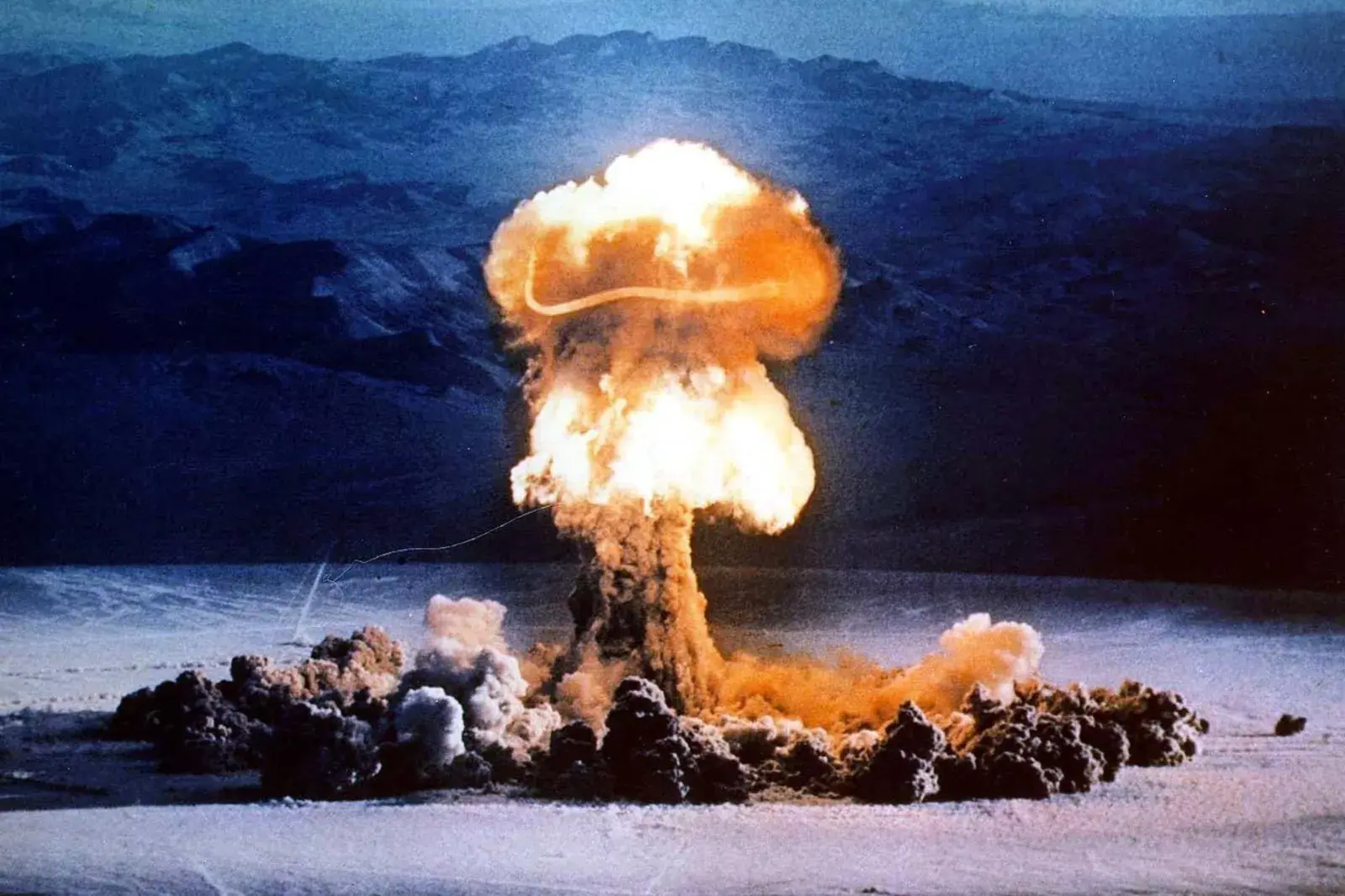
The United States is “immediately” restarting nuclear weapons testing, President Donald Trump has said. “Because of other countries’ testing programs, I have instructed the Department of War to start testing our nuclear weapons on an equal basis,” Trump said in a post on his Truth Social platform on Wednesday. “That process will begin immediately.” It is not clear whether Trump intends to test warheads or other parts of nuclear weapons, such as delivery systems, nor which countries he believes are testing their own weapons. The U.S., Russia and China — the three countries with the largest nuclear arsenals — have not conducted full nuclear tests since the 1990s. North Korea is the only known exception. The U.S.’s last full test was in 1992, although different types of experiments have continued in the decades since. President Donald Trump with Chinese President Xi Jinping in Busan, South Korea, on Thursday. (Mark Schiefelbein/AP) Trump’s announcement came just before a highly anticipated meeting with Chinese leader Xi Jinping, but it did not appear to feature on the agenda of their first in-person discussion this administration. The Republican has displayed a long-running disdain for nuclear weapons and has suppported non-proliferation. Trump said earlier this year that Russia had agreed to unspecified nuclear limits, and that China was willing to follow suit. The U.S.-Russian arms limitation agreement, New START, is due to expire in February. But Russia has pushed forward with testing of weapons systems able to carry nuclear nuclear weapons. Putin said on Wednesday that the country had tested the nuclear-capable Poseidon torpedo, just days after the country also said its Burevestnik nuclear-powered cruise missile had covered roughly 8,700 miles in a 15-hour test flight. Russian President Vladimir Putin has said Russia will carry out a nuclear test if another country does so first, and a senior Russian official also said the U.S. had been preparing for nuclear tests. The Kremlin on Thursday said the Burevestnik and Poseidon tests did not count as nuclear. “We hope that, regarding the Burevestnik and Poseidon tests, the information was properly communicated to President Trump,” Kremlin spokesperson Dmitry Peskov said after Trump’s announcement. “The US already tests its nuclear weapons in similar ways,” Hans Kristensen, part of the nuclear experts team at the Federation of American Scientists (FAS), said on Thursday. The 1996 Comprehensive Nuclear Test-Ban Treaty prohibited all nuclear test explosions. The U.S. signed the treaty but has not ratified it, while Russia withdrew its ratification in 2023. But both sides would have to pull their signature if they no longer intend to observe the treaty. A mushroom cloud rises from a test blast in Nevada in 1957 (U.S. Energy Department/AP) Leonid Slutsky, the chairman of Russia’s parliamentary international affairs committee, said “chaos” would follow any resumption of U.S. nuclear warhead testing. Trump officials reportedly discussed restarting nuclear tests during his previous administration after accusing Russia and China of carrying out “low yield” nuclear tests, which both countries denied. The U.S.’s National Nuclear Safety Administration conducted an underground “chemical explosion” in Nevada this month “to improve the United States’ ability to detect low-yield nuclear explosions around the world,” the U.S. government said. The Department of Energy, which oversees the U.S. nuclear stockpile, is required to make sure the country can always carry out an underground nuclear test within 24 to 36 months of a president’s order. William Alberque, a former head of NATO‘s nuclear non-proliferation center currently with the Pacific Forum nonprofit, said the U.S. could be ready to perform some form of test within about six to ten months, but would likely need the three years to prepare for a series of tests. Alberque told Newsweek that more than one test would likely come with a price tag running into the hundreds of millions of dollars. “There is very little scientific value in new testing at any scale,” he said, adding that it would likely benefit Beijing above all others. Kristensen added that testing to develop a new nuclear warhead would take roughly five years. China was the last among the major nuclear powers to stop full nuclear tests. But Beijing’s last trial at its Lop Nur range in 1996 put a vastly different arsenal to the test than the one it is piecing together today, said Alberque. The U.S. and the then-USSR “tested absolutely every weapon conceivable,” Alberque said. Moscow has not conducted a full nuclear warhead test since the disintegration of the Soviet Union. How Many Nuclear Weapons Does the U.S....
